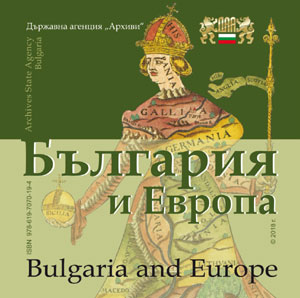 The Bulgarian Archives State Agency reveals the centuries-old interaction of Bulgarians with the rest of Europe through the evidence it preserves - documents, photos, maps and engravings from the Middle Ages to the mid-20th century.
The Bulgarian Archives State Agency reveals the centuries-old interaction of Bulgarians with the rest of Europe through the evidence it preserves - documents, photos, maps and engravings from the Middle Ages to the mid-20th century.
It is no accident that the album-book "Bulgaria and Europe" comes out in the year of the Bulgarian presidency of the Council of the European Union. Focusing on the most valuable documents carries a symbolic meaning as it allows not only a return to the past but also taking a look at the present and future.
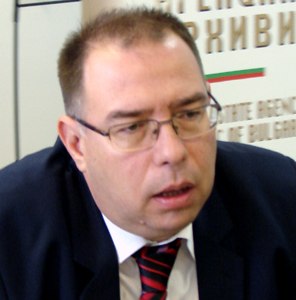 “The album includes documents and materials that are kept in all structural units of the State Archives Agency," says agency director Mihail Gruev. “Among them there are maps - replicas of ancient and medieval ones, made by European geographers, engravings and photographic images from the 15th century onwards from the extremely valuable collection of Bulgarian emigrant Dr. Simeon Simov. Through documents, maps and photographs we also try to present the centuries-old relations between the Bulgarians and Europe and the efforts invested for the Europeanization of Bulgarian towns in the years after the Liberation. In general, all the steps that our society made in the late 19th and the first half of the 20th century aimed at becoming an integral part of the European cultural space.”
“The album includes documents and materials that are kept in all structural units of the State Archives Agency," says agency director Mihail Gruev. “Among them there are maps - replicas of ancient and medieval ones, made by European geographers, engravings and photographic images from the 15th century onwards from the extremely valuable collection of Bulgarian emigrant Dr. Simeon Simov. Through documents, maps and photographs we also try to present the centuries-old relations between the Bulgarians and Europe and the efforts invested for the Europeanization of Bulgarian towns in the years after the Liberation. In general, all the steps that our society made in the late 19th and the first half of the 20th century aimed at becoming an integral part of the European cultural space.”
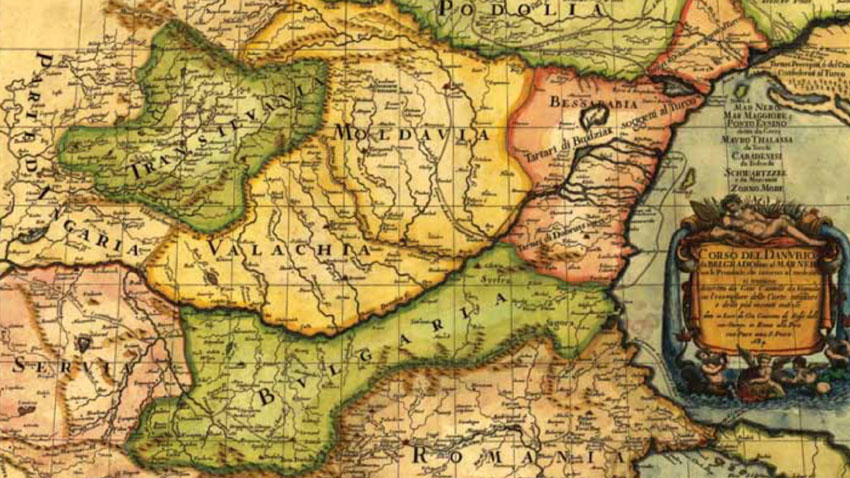
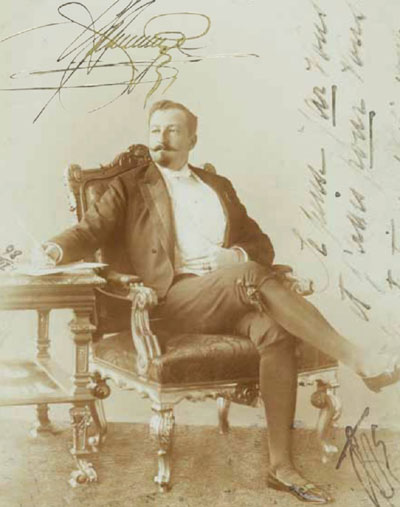 The notion of "Europe" is more of a metaphor, through which Bulgarians see their modernization, their separation from the spirit of Ottoman Orientalism and their new life with the rhythm of modern times, the historian says. According to him, the journey back to the period of the Middle Ages to the Second World War is represented through key figures who contributed to Bulgaria’s cultural, political and economic integration into the Old Continent.
The notion of "Europe" is more of a metaphor, through which Bulgarians see their modernization, their separation from the spirit of Ottoman Orientalism and their new life with the rhythm of modern times, the historian says. According to him, the journey back to the period of the Middle Ages to the Second World War is represented through key figures who contributed to Bulgaria’s cultural, political and economic integration into the Old Continent.
“Most of the monarchs are represented through their contribution for attracting Europeans to come and work in Bulgaria, thus helping the Europeanization of this country,” Mikhail Gruev says. “We are talking mostly about the numerous Czech colony that has come to Bulgaria with prominent personalities such as the Proshek brothers, Konstantin Jireček, Václav Dobruský and many others, as well as the Swiss who arrived here, including Louis-Emil Eyer - a teacher at the Language School and volunteer in the Balkan War. There were also prominent European gardeners building the parks of Sofia and Plovdiv and turning them into emblems of these cities. Particularly important for the modernization of Bulgaria in the years after the Liberation was the role of Prince Ferdinand (later he became Tsar) and visitors can see some of the gifts he received by European rulers, as well as photographs and artistic images.
The album also includes texts in Cyrillic, including Wallachian ones, which along with Istoriya Slavyanobolgarskaya (Slavonic-Bulgarian History) by Saint Paisius of Hilendar, illustrate the great impact the Bulgarian alphabet had far beyond the ethnic boundaries of Bulgarians. Old-style Jewish religious books, created between the 16th and early 20th century are also presented and are a proof of the coexistence of Bulgarians, Jews and other peoples in the Ottoman Empire.
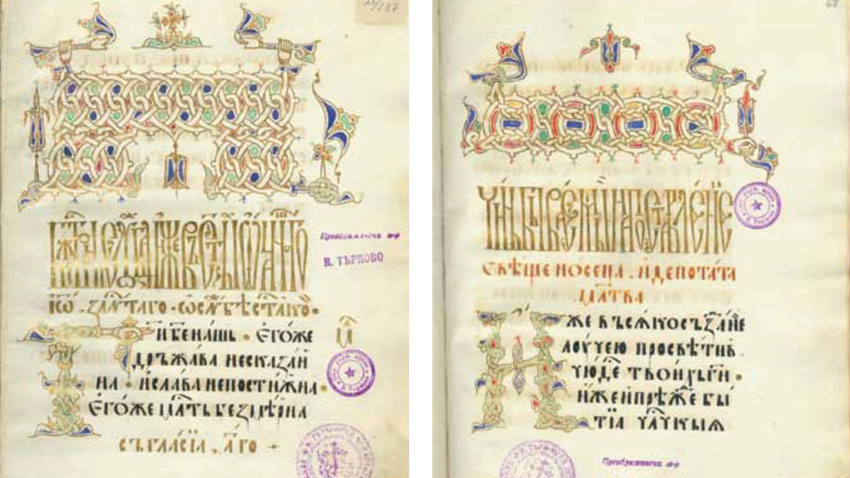
And despite the fact Bulgaria is part of Europe in geographical terms, it had to walk the way back to the club of democratic and prosperous countries, from which it was cut off for half a century. Is membership there guaranteed or politicians could change Bulgaria’s direction?
“I am convinced that our European path is irreversible and thanks God for that," the head of the state archives says. "The exhibition is another example that this is not something fleeting. These are centuries-old ties that undoubtedly make us integral part of Europe. As a historian, however, I have to say that nothing is forever. Still, I think the current path of Bulgaria has no alternative.”
English: Alexander Markov
The head of the statue of Tyche, the goddess of Philippopolis, has been discovered in the Episcopal Basilica in Plovdiv, said the head of the excavations Lyubomir Merdzhanov. According to him, this is an extremely rare artefact that has been awaited..
105 years ago, on November 27, 1919, a treaty was signed in the Parisian suburb of Neuilly-sur-Seine, officially ending Bulgaria's participation in World War I (1914-1918). Historians define the document as "another national..
On November 25, the Bulgarian Orthodox Church honours the memory of St. Clement of Ohrid – a distinguished archbishop, teacher and scholar. He was among the most prominent disciples of the brothers Cyril and Methodius, the Holy Seven Apostles – the..
On January 6, the Bulgarian Orthodox Church is marking Epiphany. According to the Bible, on this day John the Baptist baptized Jesus Christ in the Jordan..
Today, The Bulgarian Orthodox Church honors the memory of Saint John the Baptist, also known as Saint John the Forerunner, because he prepared people for..

+359 2 9336 661
